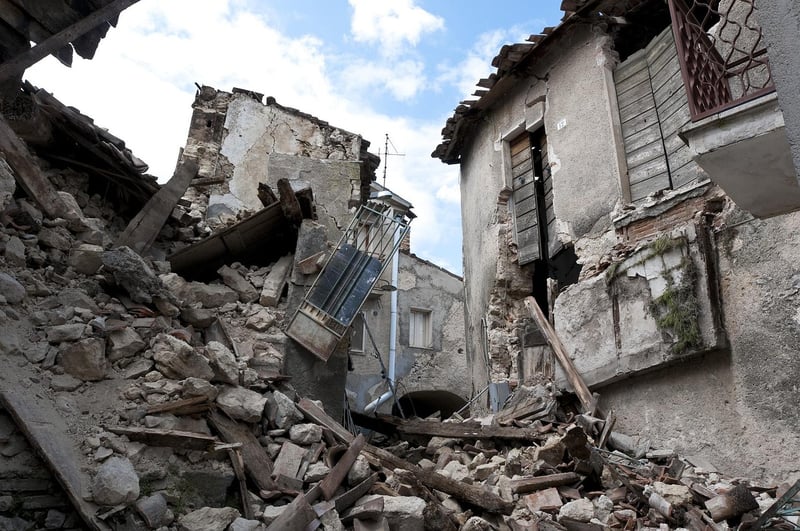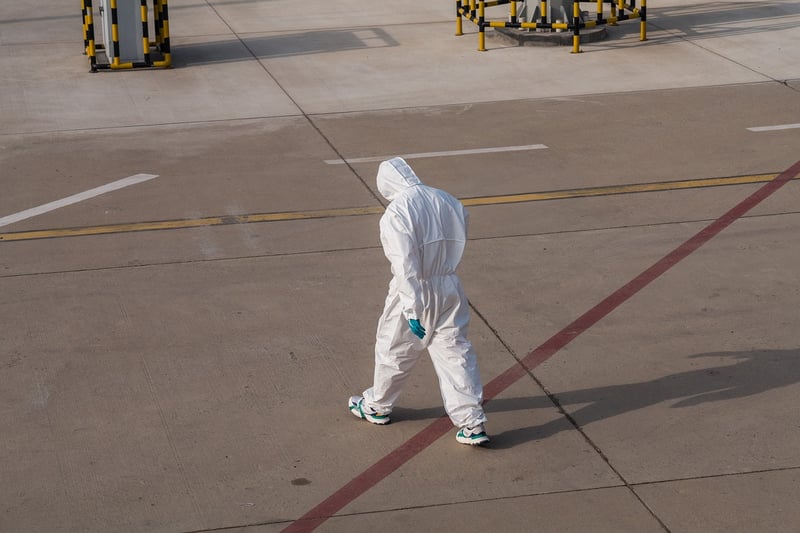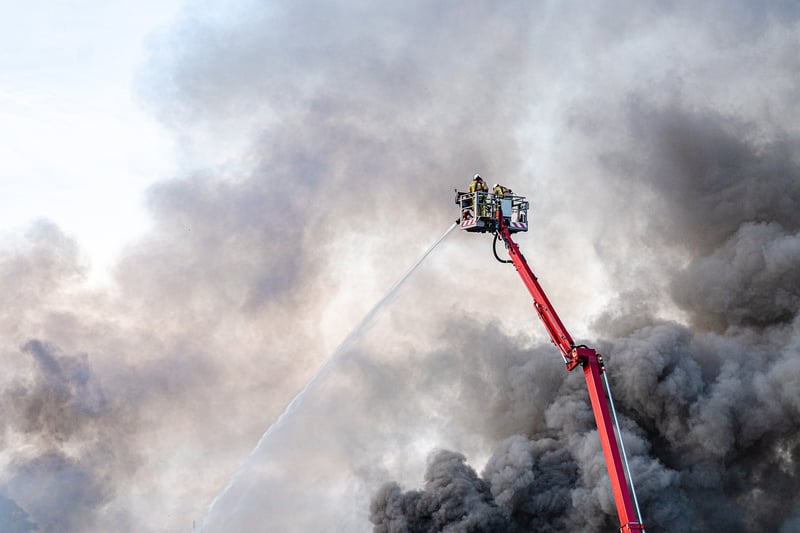Emergency Response
Preparing for Unforeseen Events and Emergency Response
Life is unpredictable, and emergencies can happen when we least expect them. Being prepared for unforeseen events can make a significant difference in how we respond and recover. Here are some essential steps to help you prepare for emergencies and respond effectively when they occur:
1. Create an Emergency Plan
Develop a comprehensive emergency plan for your household or workplace. Identify potential risks and establish protocols for different types of emergencies, such as natural disasters, fires, or medical emergencies.
2. Build an Emergency Kit
Prepare an emergency kit that includes essential supplies like water, non-perishable food, first aid items, flashlights, batteries, and important documents. Make sure to regularly check and update your kit.
3. Stay Informed
Stay informed about potential hazards in your area and how authorities communicate during emergencies. Sign up for alerts and warnings from local emergency management agencies.
4. Practice Emergency Drills
Regularly practice emergency drills with your family or colleagues. This can help everyone understand their roles and responsibilities during an emergency and improve response times.
5. Know Emergency Contacts
Keep a list of emergency contacts handy, including local emergency services, family members, neighbors, and healthcare providers. Make sure everyone knows how to reach these contacts in case of an emergency.
6. Stay Calm and Follow Instructions
In the event of an emergency, stay calm and follow instructions from authorities. Panicking can lead to poor decision-making, so it's essential to remain composed and focused on your safety and the safety of others.
7. Seek Help if Needed
If you require assistance during an emergency, don't hesitate to seek help. Contact emergency services immediately and let them know about your situation and any specific needs you may have.
Conclusion
By taking proactive steps to prepare for unforeseen events and emergencies, you can enhance your safety and resilience in challenging situations. Remember that being prepared is key to effectively responding to emergencies and protecting yourself and those around you.
Stay safe, stay prepared!


 Learn more about emergency preparedness at Ready.gov
Learn more about emergency preparedness at Ready.gov
